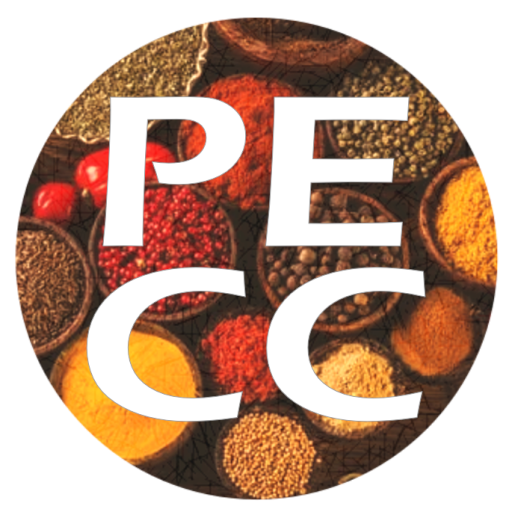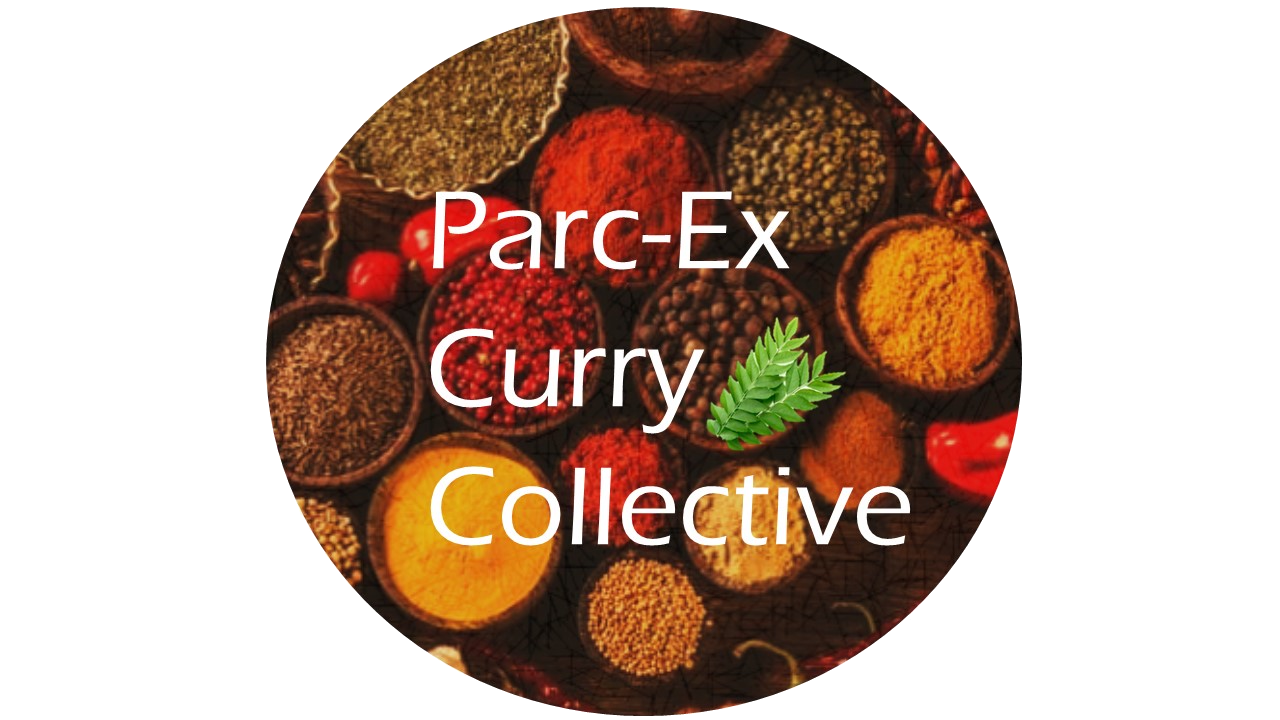Why Eat Plant-Based?
Environmental Sustainability
In terms of environmental sustainability, a plant-based diet requires far less energy and water to produce compared to a meat-based diet. Livestock farming, especially cattle, is a major contributor to greenhouse gas emissions. A shift towards vegetarianism and plant-based diets is a tool to fight the climate crisis. A study based in Sweden found that plant-based diets substantially reduce greenhouse gas emissions, land use, and water use compared to the current diet while meeting most nutritional guidelines.


Animal Rights
In the realm of animal rights, a shift towards a plant-based diet is a crucial step in curbing the inhumane treatment of animals in the factory farming industry. Many livestock animals live in overcrowded conditions with poor sanitation, lack of fresh air, and little to no access to natural habitats. They are frequently subjected to painful procedures without anesthesia and are often given antibiotics to survive the unsanitary conditions. By choosing plant-based options, we can lessen the demand for these practices and promote more humane treatment of animals.

Respect for the Earth
The practice of vegetarianism is strongly linked with a number of Eastern religions, such as Hinduism, Buddhism, Sikhism, and Jainism. The values that connect these religions are ones of non-violence and compassion towards all beings, as well as a shared value and respect for Earths resources.

Health Factors
Pulses are a type of leguminous crop harvested for their dry seeds. Examples include lentils, chickpeas, beans, and peas, many of which are featured in our dishes. They are a fantastic source of plant-based protein and often are a staple in plant-based diets.
Pulses make up 75% of the average diet in emerging economies, and countries in South Asia, such as India are “famed for their extensive use of pulses — which are also very healthy”. They are an excellent source of protein, are high in fibre, and have little fat and no cholesterol.

Tofu is another great meat replacer that has good amounts of protein and is diverse in its cooking methods. If one opts for a vegetarian diet over a vegan diet, eggs are always a great source of protein and are easy to integrate into almost any meal.
Financial Factors
In terms of financial benefits, buying pulses, grains, and vegetables can be cheaper than buying meat and fish. When considering the prices of meat produced with higher ethical standards, such as halal, organic, or grain-fed, this price difference is even more drastic.


